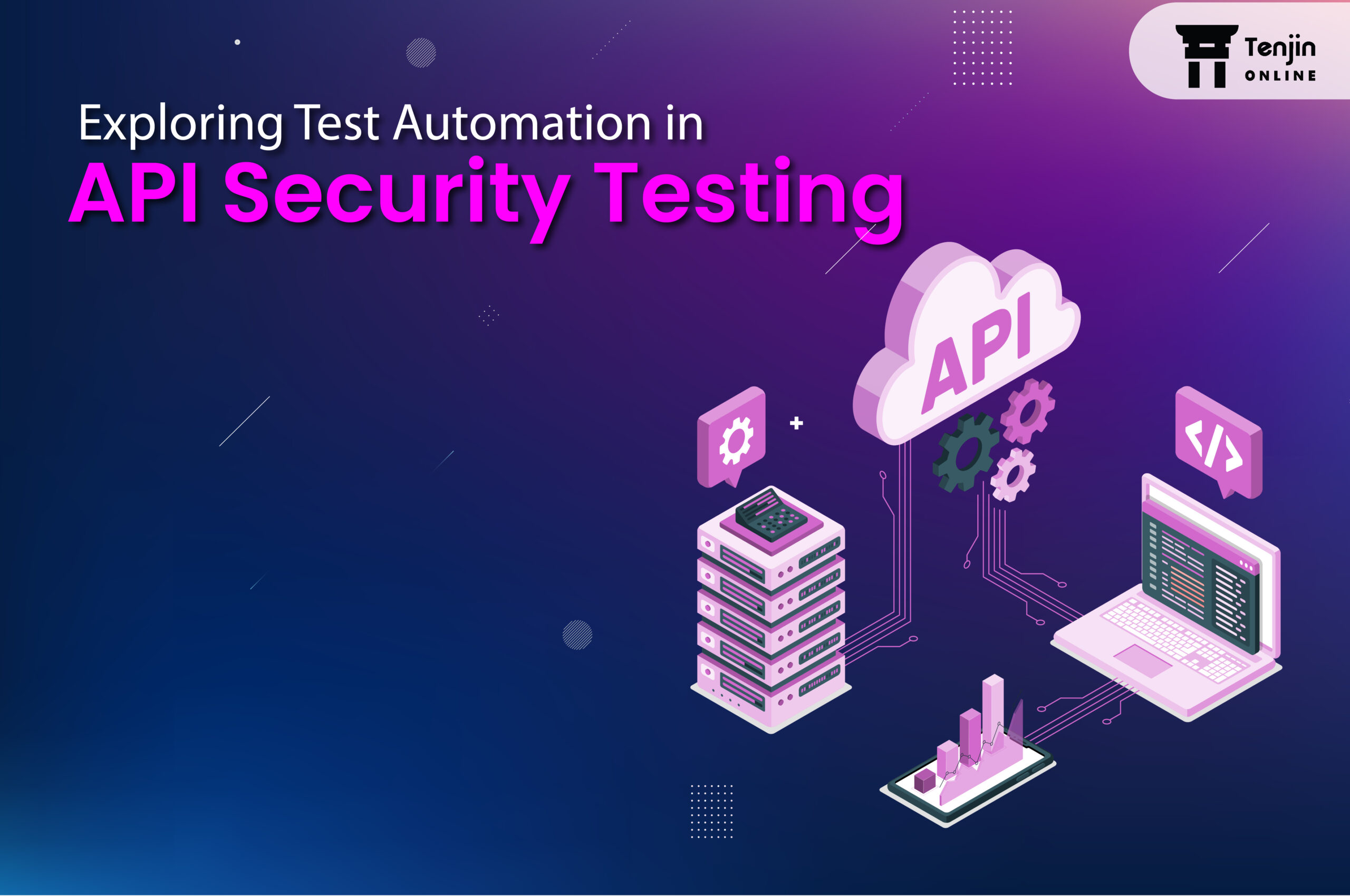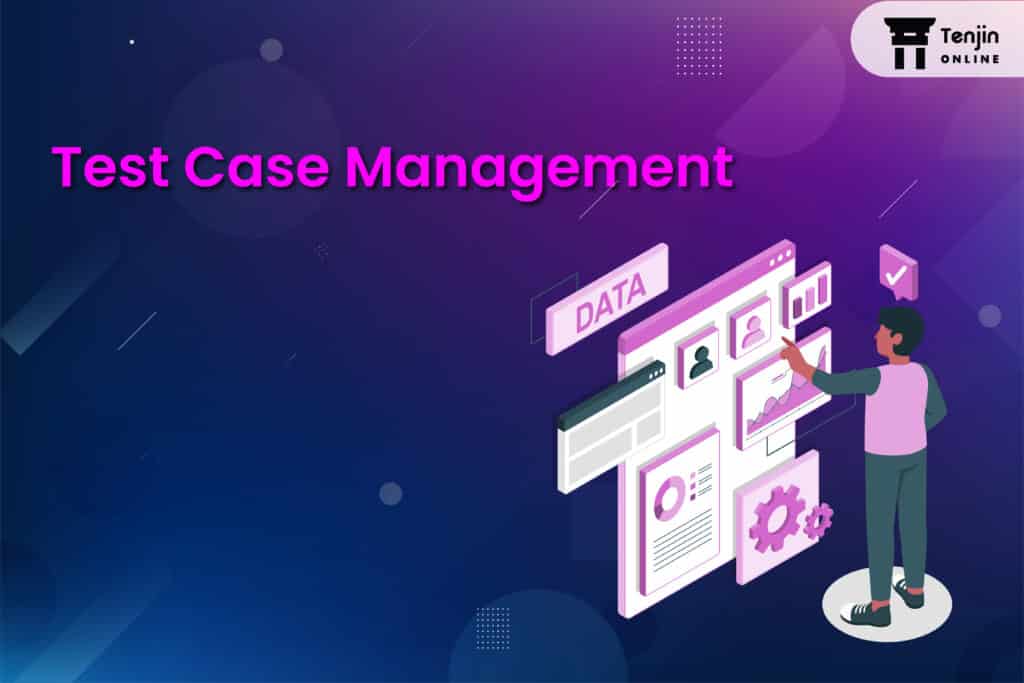
In today’s interconnected digital landscape, Application Programming Interfaces (APIs) play a crucial role in facilitating communication and data exchange between different software systems. APIs allow businesses to integrate their applications, streamline processes, and enable seamless interactions with external partners and third-party services. However, the widespread use of APIs also brings forth security concerns that need to be addressed to ensure the integrity and confidentiality of sensitive data.
API security testing is a critical aspect of the overall security assessment of an application or system. It involves evaluating the security measures implemented within the API infrastructure, identifying potential vulnerabilities, and validating the effectiveness of security controls. Traditionally, API security testing has been a manual and time-consuming process, requiring extensive expertise and effort. However, with the advancements in test automation, organizations can now streamline their API security testing efforts, improve efficiency, and enhance overall security posture. This article highlights the significance of test automation in API security testing.
Why Is It Important to Test API Security?
Test automation in API security testing refers to the use of tools and frameworks to automate the execution of security tests against APIs. It involves the creation and execution of scripts that simulate various attack scenarios and evaluate the API’s response to uncover potential vulnerabilities. By automating these tests, organizations can achieve several benefits:
Protecting Sensitive Data
APIs often handle sensitive data, such as personal details, financial details, or intellectual property. Failure to secure APIs properly can result in unauthorized access to this valuable information, leading to severe consequences, including financial loss, reputational damage, and legal liabilities. By conducting comprehensive security testing, organizations can identify and mitigate vulnerabilities, ensuring that sensitive data remains protected against potential breaches.
Preventing Unauthorized Access
APIs serve as entry points into an application or system. If these entry points are not adequately secured, they can be exploited by attackers to gain unauthorized access to sensitive resources or perform malicious activities. Thorough security testing helps identify and address authentication and authorization vulnerabilities, ensuring that only authorized entities can access the API endpoints and perform the intended actions. This prevents unauthorized access attempts and safeguards against potential attacks.
Ensuring Data Integrity
Maintaining data integrity is crucial in any system that relies on API interactions. If data sent or received through an API is compromised or tampered with, it can have severe implications on the integrity and reliability of the entire application ecosystem. By conducting security testing, organizations can identify potential vulnerabilities that could compromise data integrity, such as injection attacks, improper validation, or inadequate encryption. Regular testing helps ensure that data remains intact throughout the API communication process.
Adhering to Compliance and Regulatory Requirements
Organizations across various industries must comply with specific regulations and standards governing data protection and privacy. Security testing helps ensure that APIs meet the necessary compliance requirements. By identifying and addressing security vulnerabilities, organizations can demonstrate their commitment to protecting user data and avoid potential penalties or legal implications.
Increased Efficiency
Automating API security tests reduces the time and effort required to perform comprehensive security assessments. Manual testing can be laborious and error-prone, especially when dealing with complex APIs or a large number of endpoints. Automation allows for faster and more efficient execution of test cases, enabling security teams to focus on analyzing the results and addressing critical issues.
Consistency and Repeatability
Automated tests provide consistent and repeatable results, ensuring that security assessments are performed uniformly across different API endpoints and versions. This is particularly beneficial when organizations need to conduct periodic security audits or when multiple teams are involved in the testing process.
Improved Test Coverage
Automation enables organizations to achieve broader test coverage by executing a larger number of test cases within a shorter time frame. APIs often have numerous endpoints and different input combinations that need to be tested for security vulnerabilities. Automation can help cover a wider range of scenarios, including boundary value testing, injection attacks, authentication and authorization checks, and data validation.
Early Detection of Vulnerabilities
By incorporating security testing into the development lifecycle through automation, organizations can identify vulnerabilities early in the process. Integrating security tests with continuous integration and continuous deployment (CI/CD) pipelines allows for immediate feedback on the security posture of APIs, enabling developers to address issues promptly and prevent potential security breaches.
Scalability and Flexibility
Automation provides the scalability needed to test APIs in a dynamic and evolving environment. As organizations develop new functionalities, release updates, or expand their API infrastructure, automated tests can be easily adapted and extended to accommodate these changes. This flexibility ensures that security testing keeps pace with the rapid development and deployment cycles of modern software applications.
Best Practices to Implement API Security Testing
To leverage the benefits of test automation in API security testing, organizations should consider the following best practices:
Select Appropriate Automation Tools
Choose reliable and robust automation tools that support API testing and provide features specific to security testing, such as vulnerability scanning, penetration testing, and encryption checks.
Define Comprehensive Test Scenarios
Identify the key security requirements and risks associated with the API and design test scenarios that cover a wide range of attack vectors.
Implement Test Data Management
Develop strategies for managing test data to ensure realistic and diverse input values during security testing. Consider using a combination of synthetic data, production-like data, and edge cases to uncover potential vulnerabilities.
Continuous security testing and monitoring
API security testing should be an ongoing process. Implement continuous security testing practices, such as penetration testing, vulnerability scanning, and security monitoring, to proactively identify and mitigate any emerging threats or vulnerabilities.
Regularly update and patch dependencies
APIs often rely on third-party libraries, frameworks, and components. Keep these dependencies up to date by regularly applying security patches and updates. Vulnerabilities in these dependencies could potentially expose your API to security risks.
Conduct a risk assessment
Perform a comprehensive risk assessment to identify potential threats and prioritize them based on their severity.
Thoroughly review API documentation
Start by reviewing the API documentation to understand its functionality, endpoints, data formats, authentication mechanisms, and any security measures in place. This will help you gain insights into the potential risks and vulnerabilities associated with the API.
Conclusion
APIs play a vital role in enabling seamless integration and communication between systems and applications. However, their increasing connectivity also exposes them to various security risks. Thorough security testing of APIs is essential to protect sensitive data, prevent unauthorized access, ensure data integrity, and comply with regulatory requirements. By investing in regular API security testing, organizations can safeguard their systems, protect user data, and maintain trust in an increasingly interconnected digital world.


